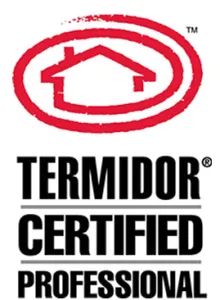There are some pests that have become so prevalent in our everyday lives that we no longer realize just how dangerous they can be. One such pest that we need to worry about here in Bradenton is the mosquito.
Ants represent a common household pest known for appearing at picnics, barbecues, and other outdoor events that involve food. Ants are primarily omnivorous creatures that will consume the majority of the foods that humans eat.
How is it that, one day, you are going along with your life, completely ant-free, but then, seemingly out of nowhere, there are lines of ants going across your kitchen floor, a mass of ants on your cat's food dish, and ants all over your back porch?
An angry swarm of wasps can ruin an outdoor gathering of family and friends in a heartbeat. Wasps are a common problem in South Florida, including Naples.
Here in Naples, we don’t have a lot of natural barriers to tick population growth. Our mild Florida winters and humid climate allow ticks to remain active and thriving all year round.
Are you noticing warning signs that rodents have gotten into your Bradenton residence? Do you want to know what type of rodents you're up against? You've come to the right place. This a quick guide that will help you properly identify the rodents that have found their way into your home.
Ants are a significant pest that Florida homeowners may encounter. Several types of ants may pose a problem in Sarasota County, home to Englewood, Laurel, Nokomis, North Port, Osprey, Sarasota, and Venice.
It can be difficult to identify bed bugs or determine that your home is infested with bed bugs if you don't know a lot about them. Today, we're going to give you what you need to solve the mystery and get the help required to quickly address bed bugs when they find their way into your Bradenton home.
Cockroaches are opportunistic scavengers that regularly create problems for property owners throughout Florida as they seek sources of food, water, and shelter. They are generally social creatures that leave a chemical trail of pheromones that are detected by others and often result in large infestations.
Nobody likes to be around mosquitoes, especially when trying to enjoy the outdoors. Besides the high-pitched whining, the insect can transmit dangerous pathogens to people and pets alike. Pest control in Naples plays a critical role in managing their population during the mosquito season.







